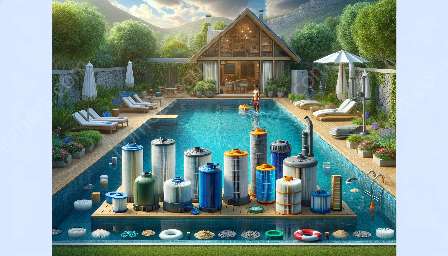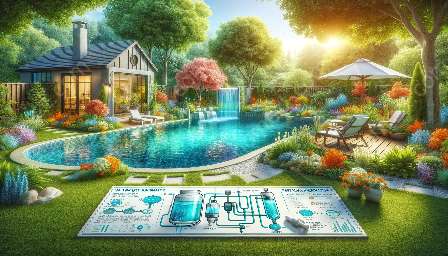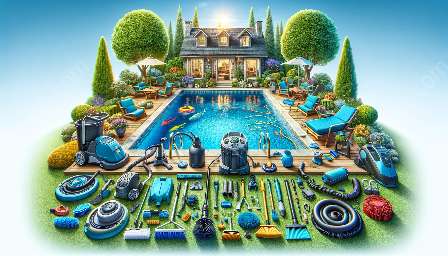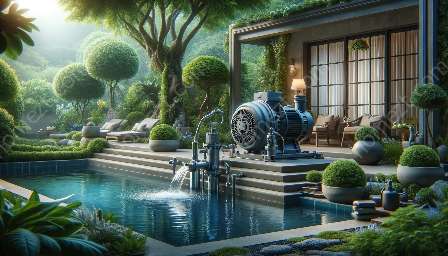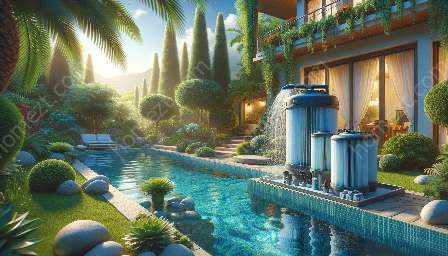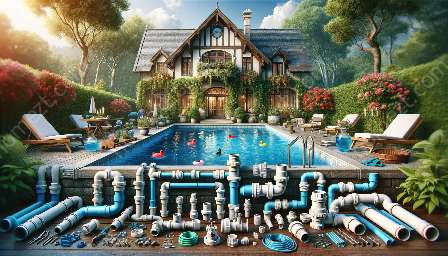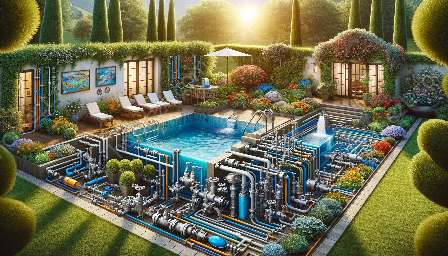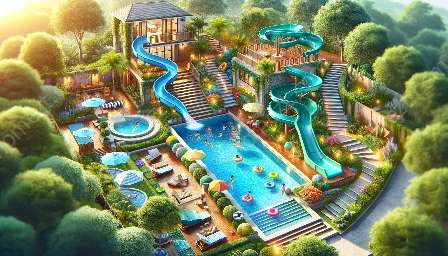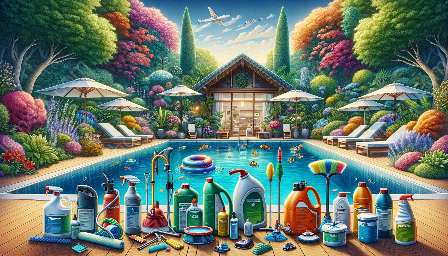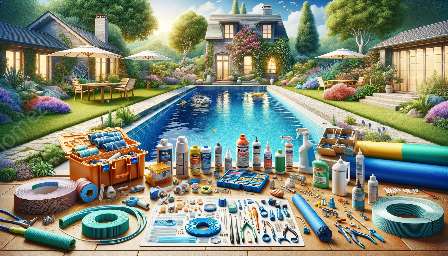Swimming pools and spas provide endless fun and relaxation, but it's essential to prioritize safety. Investing in pool safety equipment not only protects users but also enhances the overall experience. In this comprehensive guide, we will explore the various types of pool safety equipment and how they integrate with your existing pool equipment and maintenance routines.
The Importance of Pool Safety Equipment
Before delving into the specific types of safety equipment, let's understand why they are crucial for every pool owner. Safety equipment is designed to prevent accidents, injuries, and potential hazards in and around the pool area.
By having the right safety measures in place, you can create a secure and enjoyable environment for swimmers of all ages. Whether it's for residential or commercial pools, the following pool safety equipment is a must-have to ensure a safe and stress-free experience.
1. Pool Covers and Nets
One of the most effective ways to enhance pool safety is by using pool covers and nets. These products serve multiple purposes, including preventing accidental falls into the water, keeping the pool clean, and maintaining water temperature.
Pool covers come in various designs, such as solid, mesh, or automatic covers, and can be customized to fit any pool shape and size. Some covers even have built-in safety features, such as locking mechanisms and weight-bearing capacity to ensure maximum protection.
2. Pool Alarms
Pool alarms are indispensable for alerting pool owners to any unauthorized access or unexpected movements in the pool area. These alarms can be installed on gates, doors, or directly into the pool, using motion sensors, surface waves detection, or pressure-sensitive technology.
With advanced features such as remote monitoring and smartphone connectivity, pool alarms provide an additional layer of security, giving you peace of mind whether you are at home or away.
3. Pool Safety Fences and Barriers
Establishing a physical barrier around the pool is crucial for controlling access and minimizing the risk of accidents. Pool safety fences and barriers come in various materials and styles, such as wrought iron, aluminum, or glass, and can be customized to complement the aesthetics of your pool area.
It's important to ensure that these barriers comply with local safety regulations and standards to guarantee maximum effectiveness. Additionally, self-closing and self-latching gates are essential components of these barriers to prevent unsupervised entry.
4. Life Rings and Throwables
In case of emergencies, having readily accessible life rings and throwables can be life-saving. These flotation devices are essential for aiding individuals in distress and can be strategically positioned around the pool deck for immediate access.
Furthermore, proper training and clear signage on how to use these devices should be provided to pool users and staff to promote a swift and effective response during critical situations.
5. Anti-Entrapment Covers and Devices
To prevent entrapment incidents in pool drains and suction outlets, anti-entrapment covers and devices are essential safety components. These products are designed to minimize the risk of hair or body entanglement, ensuring the safety of swimmers, especially young children.
By integrating these anti-entrapment measures into your pool system, you can prevent potentially dangerous situations and comply with safety standards set by regulatory authorities.
Compatibility with Pool Equipment and Maintenance
Now that you have gained insights into the diverse pool safety equipment available, it's important to consider how these products integrate with your existing pool equipment and maintenance procedures.
Pool covers, for instance, work seamlessly with pool cleaning and filtration systems, providing added protection while maintaining water quality. Pool alarms can be integrated into smart pool control systems, allowing for centralized monitoring and management of pool operations.
When selecting pool safety fences and barriers, it's essential to ensure that they do not obstruct the functioning of pool equipment, such as automated pool cleaners or water circulation systems. Additionally, regular inspection and maintenance of safety equipment are crucial to ensure their effectiveness and longevity, complementing your overall pool maintenance routine.
Conclusion
As a pool owner, investing in pool safety equipment is a proactive step towards creating a secure, enjoyable, and compliant pool environment. By understanding the importance of each safety measure and its compatibility with your existing pool equipment, you can make informed decisions to safeguard your pool area and provide peace of mind for everyone who enjoys it.


